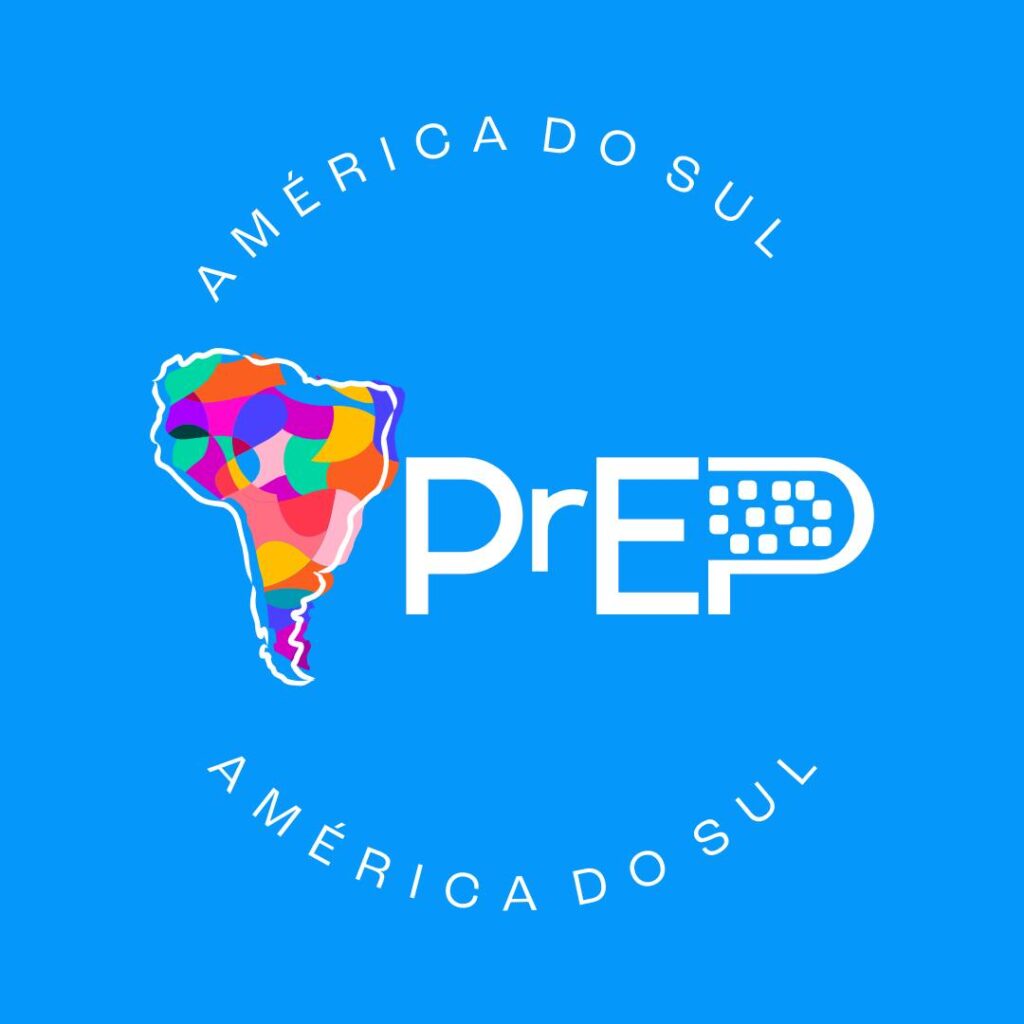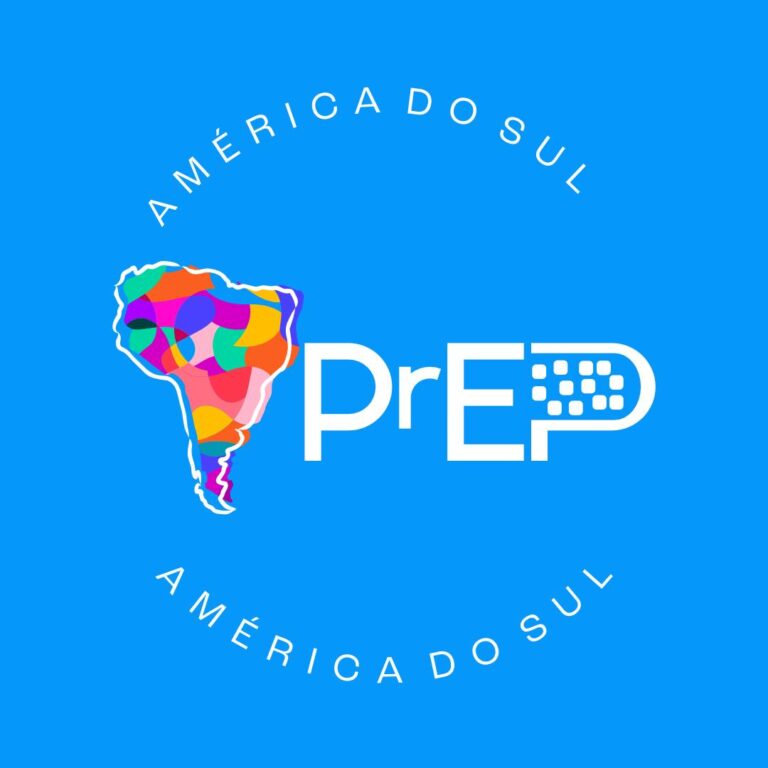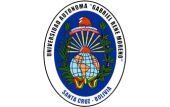Kris Herik De Oliveira

In recent years, I have been following scientific research and health policies on Pre-Exposure Prophylaxis (PrEP) for HIV prevention in different countries. Since 2015, PrEP has been recognized by the World Health Organization as essential in controlling the HIV/AIDS epidemic within the combined prevention approach.
PrEP is an oral tablet that contains two antiretrovirals that block the pathways of HIV infection. Currently, there are two modes of PrEP use: daily and on-demand. Daily PrEP involves taking the tablet every day continuously. On the other hand, the on-demand mode involves using prophylaxis before a possible future risk exposure to HIV. For more information, access here.
In light of this scenario of new technologies for HIV prevention, in the second half of 2023, I presented the interdisciplinary and multicentric research project “Pre-Exposure Prophylaxis (PrEP) for HIV Prevention in South America: An Ethnography of the Experiences of Access, Use, and Management” to Public Call No. 21/2023 – Transdisciplinary Studies in Collective Health from CNPq and the Ministry of Health of Brazil, in collaboration with Prof. Dr. André Machado das Neves, a faculty member at the State University of Amazonas. The project was selected in an evaluation process among hundreds of proposals.
Over the next three years, PrEP South America will seek to understand the experiences of access, use, and management of prophylaxis for HIV prevention in South American countries. More specifically, we will compare experiences between different regions and social groups, analyzing how social markers of difference operate in these processes.
Methodologically, using a qualitative and ethnographic health research approach, the project combines multiple techniques for data collection and analysis, including: gathering scientific documents and public policy reports, participant observation in health units, and semi-structured interviews.
The project has an inter/multidisciplinary team of 30 researchers from all regions of Brazil, as well as from Argentina. Among these researchers, 8 are doctoral students or recent graduates dedicated to research and scientific communication activities. In this project and through the team that constitutes it, the fields of social sciences, health, psychology, education, and communication are put into dialogue.
Our expectation is that this project will fill an important scientific gap in qualitative research on PrEP. Additionally, we hope it will provide inputs for the formulation of more humanized public health policies related to HIV prevention and the distribution of PrEP, both within the context of the Brazilian Unified Health System (SUS) and in other South American countries.



















